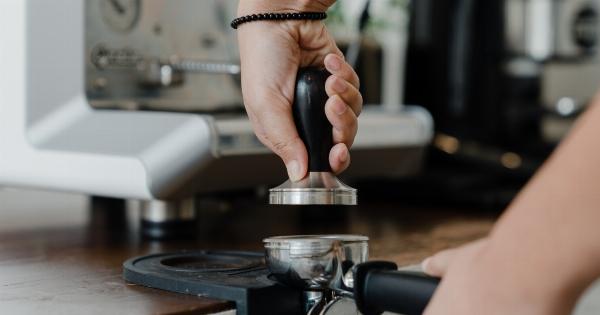Caffeine is a widely consumed substance found in various beverages and foods, known for its stimulating effects on the central nervous system. Many people rely on caffeine to kick-start their day, stay awake, or increase their focus.
However, there is more to caffeine than meets the eye.
The Myth of Dehydration
There is a common belief that caffeine leads to dehydration. While caffeine does have diuretic properties, research suggests that moderate consumption of caffeinated beverages does not cause dehydration.
In fact, the fluid intake from the beverage itself outweighs the diuretic effect, resulting in a net positive hydration effect.
Impact on Sleep
Caffeine has a significant influence on sleep patterns. It is a powerful stimulant that can delay the onset of sleep and reduce the overall sleep duration. Even consuming caffeine several hours before bedtime can disrupt your sleep quality.
It is recommended to avoid caffeine intake in the evening to ensure a good night’s sleep.
Physical Performance Enhancement
Caffeine is known to improve physical performance and endurance. It stimulates the release of adrenaline, which increases heart rate, improves muscle contraction, and enhances overall athletic performance.
Many athletes and fitness enthusiasts include caffeine as an essential component of their pre-workout routine.
Dependency and Tolerance
Regular caffeine consumption can lead to dependency and tolerance. Over time, your body may become accustomed to the effects of caffeine, leading to a reduced response and requiring higher doses to achieve the desired results.
This can result in a cycle of increased caffeine intake, leading to potential side effects such as irritability, headaches, and difficulty concentrating.
Effects on Mental Health
While caffeine can enhance focus and concentration in the short term, excessive consumption or sensitivity to caffeine can have negative effects on mental health.
It can exacerbate symptoms of anxiety and contribute to feelings of restlessness and unease. People with pre-existing anxiety disorders may be more susceptible to these effects.
Caffeine and Pregnancy
Pregnant women are often advised to limit their caffeine intake. High levels of caffeine consumption have been associated with a higher risk of miscarriage and preterm birth.
It is recommended that pregnant women limit their caffeine intake to 200mg per day, equivalent to approximately one 12-ounce cup of coffee.
Caffeine Content in Different Beverages
The caffeine content in various beverages can vary significantly. Coffee typically contains higher amounts of caffeine compared to tea, energy drinks, and soft drinks.
It is important to be aware of the caffeine content of your favorite beverages to make informed decisions about your caffeine intake.
Interaction with Medications
Caffeine can interact with certain medications and supplements. It can enhance the effects or reduce the efficacy of some drugs.
If you are taking any medications, it is advisable to consult with your healthcare provider about any potential interactions with caffeine.
Misconceptions about Caffeine
There are several misconceptions surrounding caffeine. Some believe that caffeine can sober up an intoxicated person, but it only masks the effects of alcohol and does not reduce impairment.
Others think that caffeine can aid in weight loss, but its impact on metabolism is minimal, and excessive caffeine consumption can lead to other health issues.
Caffeine Withdrawal
Reducing or eliminating caffeine intake after long-term use can lead to withdrawal symptoms such as headaches, fatigue, and irritability. Gradually reducing caffeine consumption, rather than quitting abruptly, can help minimize these withdrawal effects.
It is important to listen to your body and make changes to your caffeine consumption accordingly.
Conclusion
Caffeine, while often celebrated for its stimulating effects, has various aspects that are often overlooked or misunderstood. It can have both positive and negative impacts on our physical and mental well-being.
Being aware of how caffeine affects our bodies and making informed choices about our consumption can help us strike a balance and maximize the benefits while minimizing the potential risks.





























